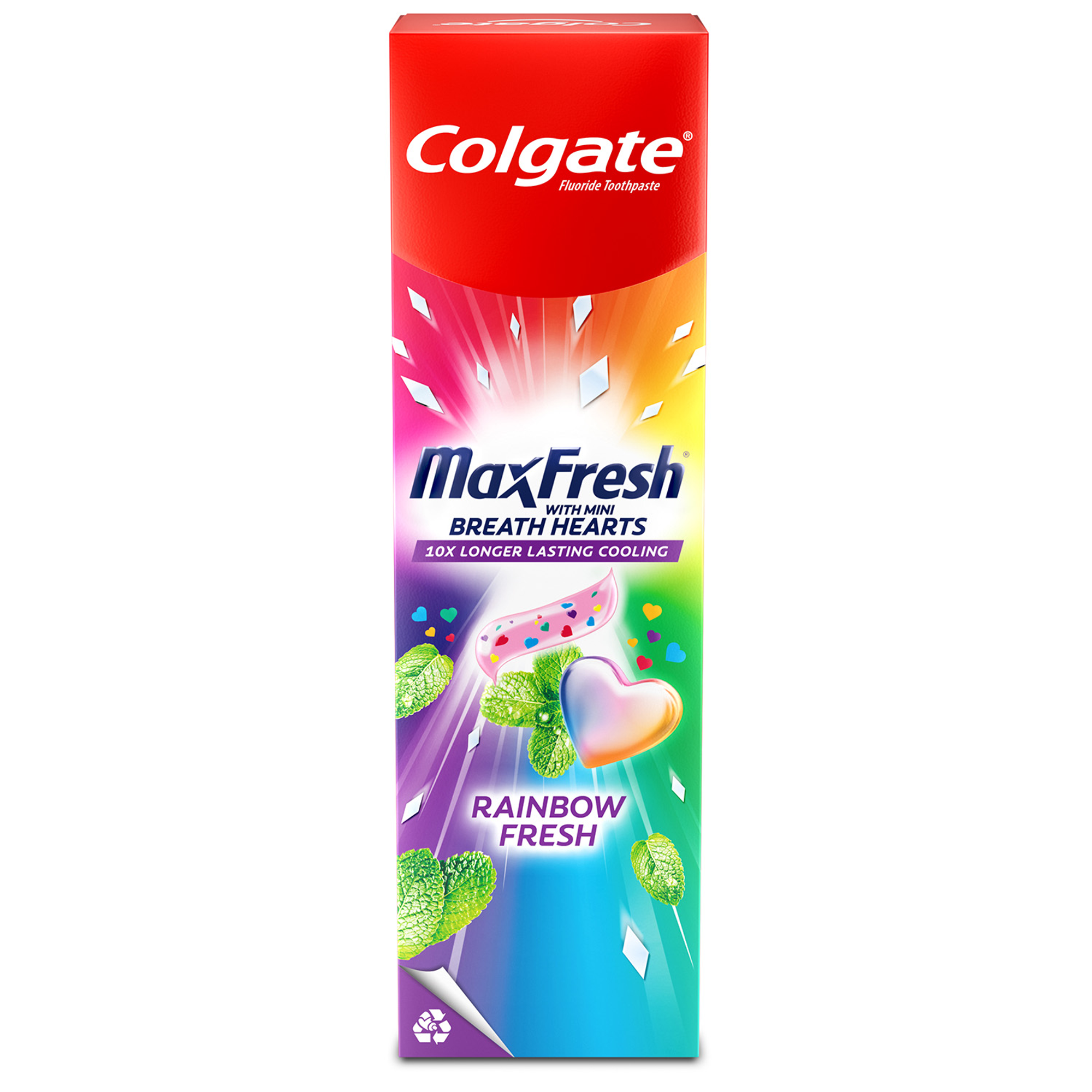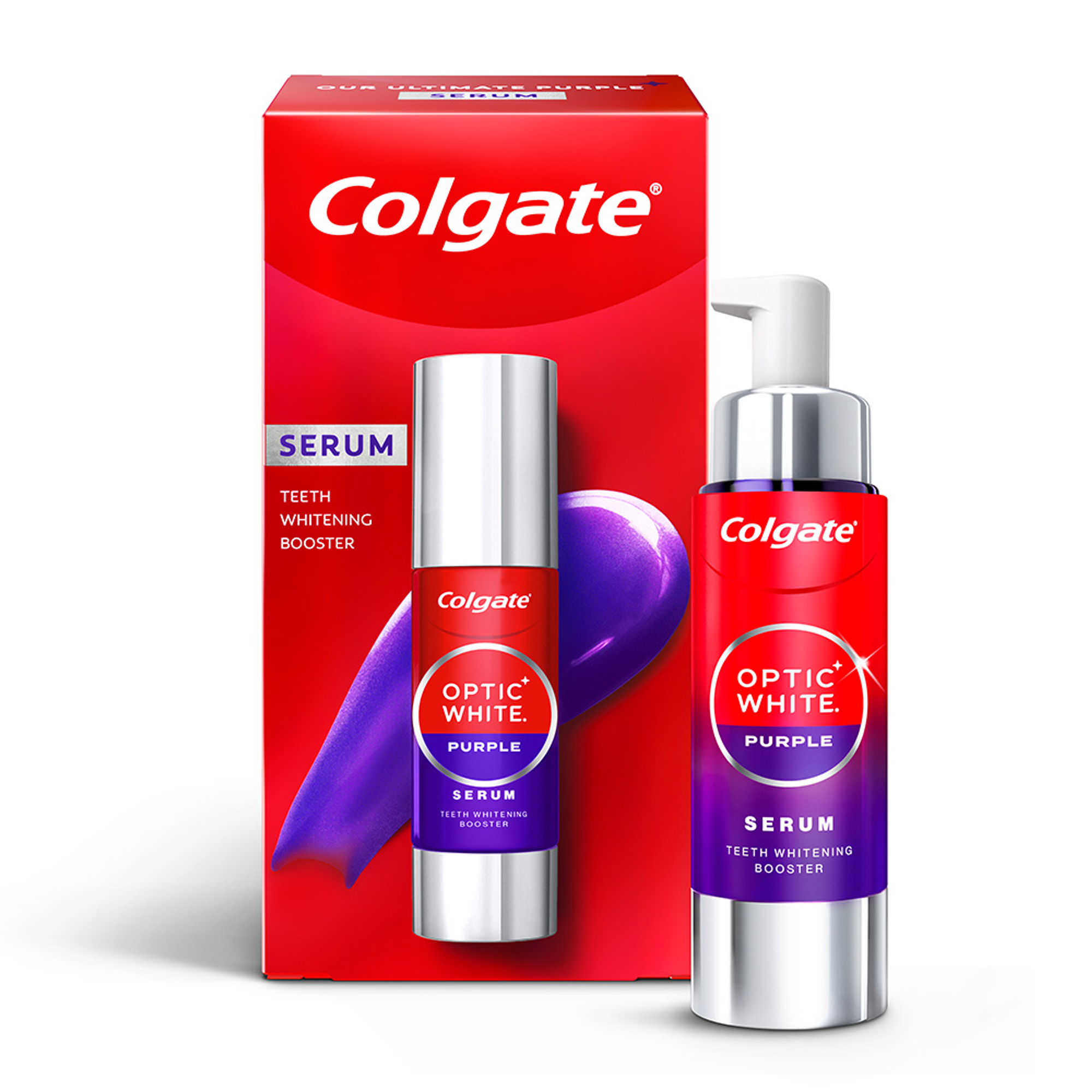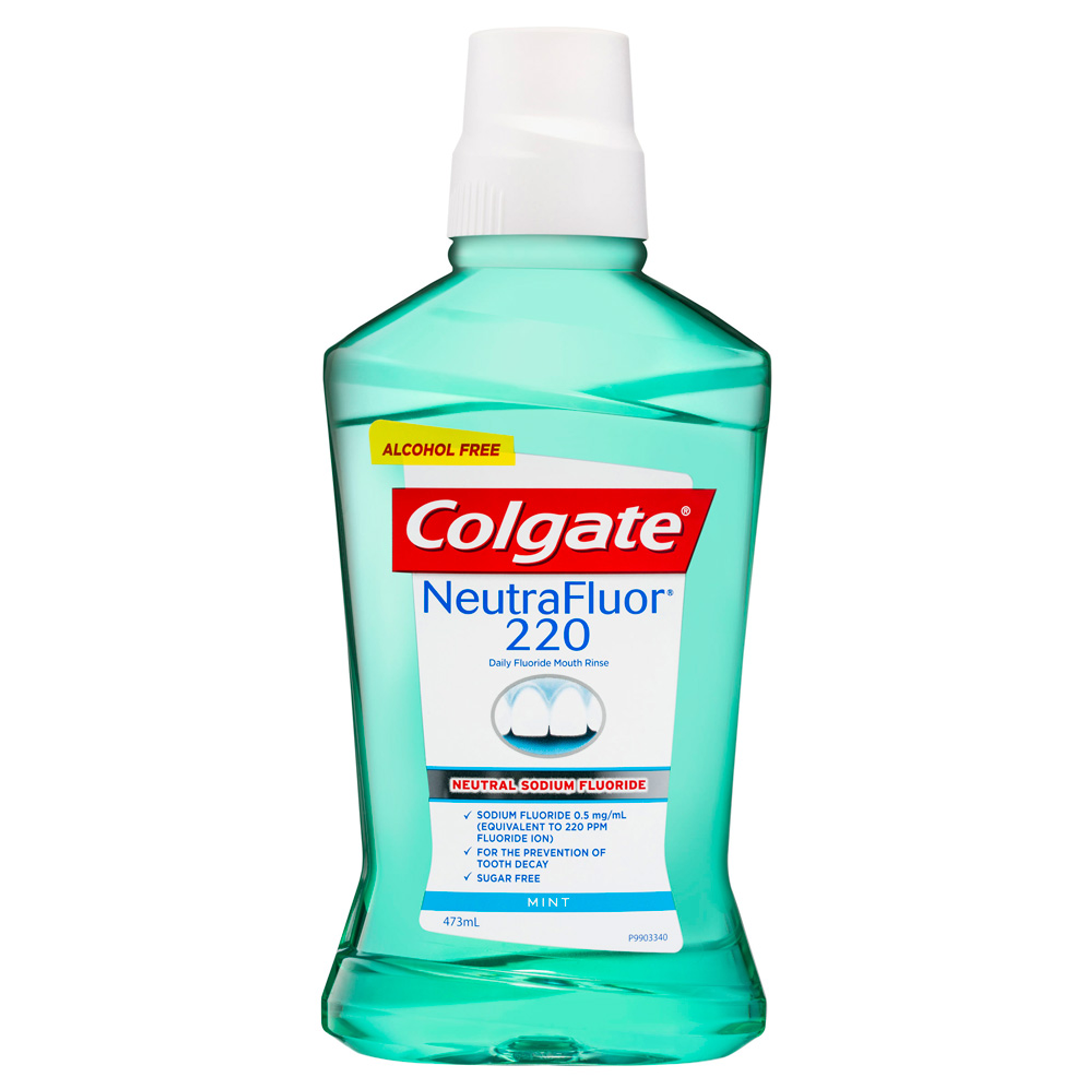-
-

BRUSHING & FLOSSING
How to BrushWhat Is the Right Way to Brush?
Proper brushing takes at least two minutes — that's right, 120 seconds!...

BRUSHING & FLOSSING
How To FlossWhat is the Right Way to Floss?
Proper flossing removes plaque and food particles in places where a toothbrush cannot easily reach... -
Science & Innovation
- Colgate® | Toothpaste, Toothbrushes & Oral Care Resources
- Oral Health
- Gingivitis Management Methods for You and Your Family
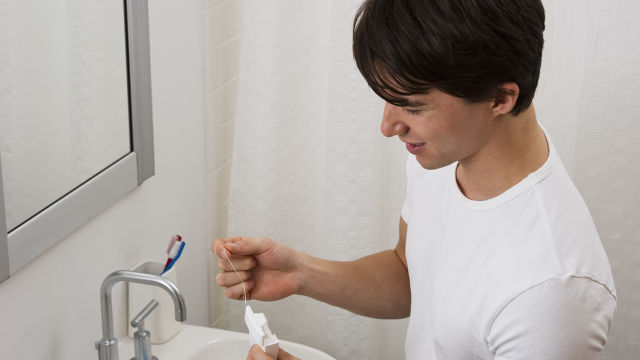

Gingivitis is an inflammation of the gums and the initial stage of gum disease. Although there is nothing to be alarmed about, this common condition must always be addressed. If caught early, the condition is easy to treat, but left untreated it can progress to periodontitis – which is irreversible. Gingivitis is commonly considered an adult problem, but is also prevalent in Australian children today.
Treatment for those with gingivitis involves a professional examination, scale and clean, and meticulous oral hygiene. Although ideally, the best way to avoid gingivitis is to always practise good oral hygiene.
Managing Gingivitis
Fortunately, regular preventative dental appointments (exams, scale and cleans), along with practising good oral hygiene at home, can significantly reduce the odds of you or anyone in your family developing chronic gum disease.
If you or your dentist detects signs of gum disease, your dentist will likely help you to improve your current oral-hygiene regimen. This regimen includes thorough flossing once a day and brushing your teeth twice a day for at least two minutes each time. Flossing improves gum health by disrupting bacterial plaque formation, which contributes to tartar buildup. When brushing, make sure that everyone in your family is gently brushing both gums and teeth.
Your dentist might also schedule additional cleanings and follow-up appointments if you have gum disease. This way, they can see how you’re responding to your improved oral hygiene and treatment. In some cases, gum disease treatment may include deeper professional cleanings that remove tartar accumulation below the gumline. Your dentist will gently scale the teeth removing plaque and tartar buildup from the roots of the teeth. In severe cases, a periodontist may recommend periodontal surgery.
Providing you're careful, there’s no need to get too worried about gingivitis – as again – it is both preventable and reversible. If the whole family takes a proactive approach to their oral health, you can manage gum disease by incorporating healthy home-care practices and visiting your dentist regularly.
Related Articles

Having a bright and radiant smile is a desire for many individuals. People often turn to whitening products to whiten their teeth.
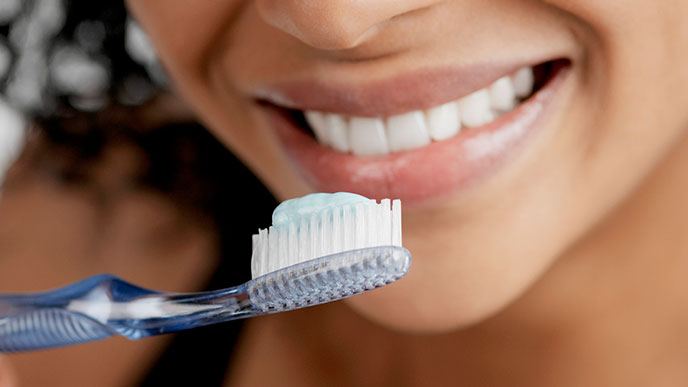

This article is intended to promote understanding of and knowledge about general oral health topics. It is not intended to be a substitute for professional advice, diagnosis or treatment. Always seek the advice of your dentist or other qualified healthcare provider with any questions you may have regarding a medical condition or treatment.
Related Products

Helping dental professionals
More professionals across the world trust Colgate. Find resources, products, and information to give your patients a healthier future




